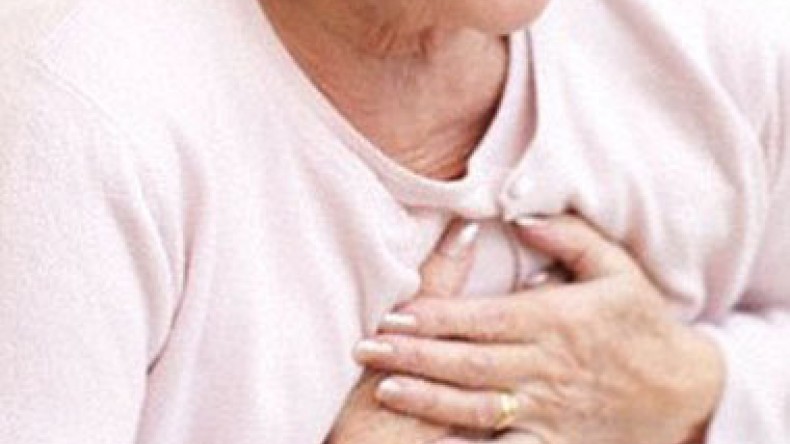
Women more likely to suffer heart disease from stress than men
Women are at greater risk from heart disease caused by stress than men, the Daily Mail reports, citing a new research.
When put under stress, women with heart disease experienced more serious complications, a study found.
Those with heart disease experienced decreased blood flow to the heart, known as 'myocardial ischemia', which can damage the heart muscle, reducing its ability to pump blood efficiently.
More women exposed to stress showed the early signs of blood clots forming, a process known as 'increased platelet aggregation.’
The blood clots can block arteries and lead to a heart attack.
Heart disease – the leading cause of death worldwide - generally affects more men than women, but from the age of 50 the chances of developing the condition are similar for men and women.
Previous research has linked stress with the condition as it can promote unhealthy habits, such as smoking, drinking and overeating which are known causes.
Stress can also increase the body's levels of stress hormones.
These hormones can result in raised blood pressure and heart rate which can eventually lead to heart disease as the heart has to work harder to pump more blood around the body.
As today's study found, stress may also change the way blood clots form, which can lead to heart disease and heart attacks.
Dr Zainab Samad, of Duke University Medical Center in North Carolina, in the U.S., said that doctors should take into account the fact that women are affected by stress more than men when treating patients with heart disease.
She said: 'The relationship between mental stress and cardiovascular disease is well known.
'This study revealed that mental stress affects the cardiovascular health of men and women differently.
'We need to recognise this difference when evaluating and treating patients for cardiovascular disease.'
The study examined 56 women and 254 men diagnosed with heart disease enrolled in a larger REMIT study on the impact of the drug escitalopram on heart disease brought on by mental stress.
The participants carried out three mentally stressful tasks - a mental arithmetic test, a mirror tracing test, and an anger recall test - followed by a treadmill exercise test.
While men had more changes in blood pressure and heart rate in response to the mental stress, women suffered more potentially life threatening changes to their body.
Women also reported a greater increase in negative emotions and a greater decrease in positive emotions during the mental stress tests.
Newsfeed
Videos






























